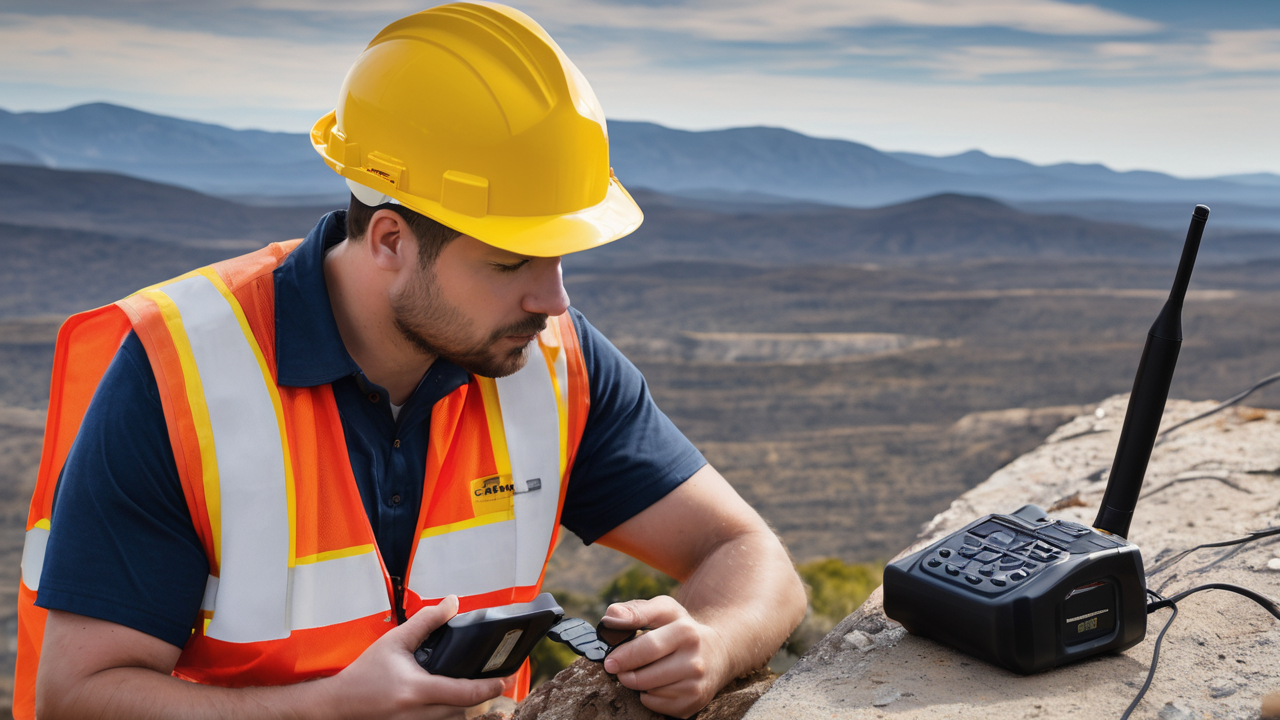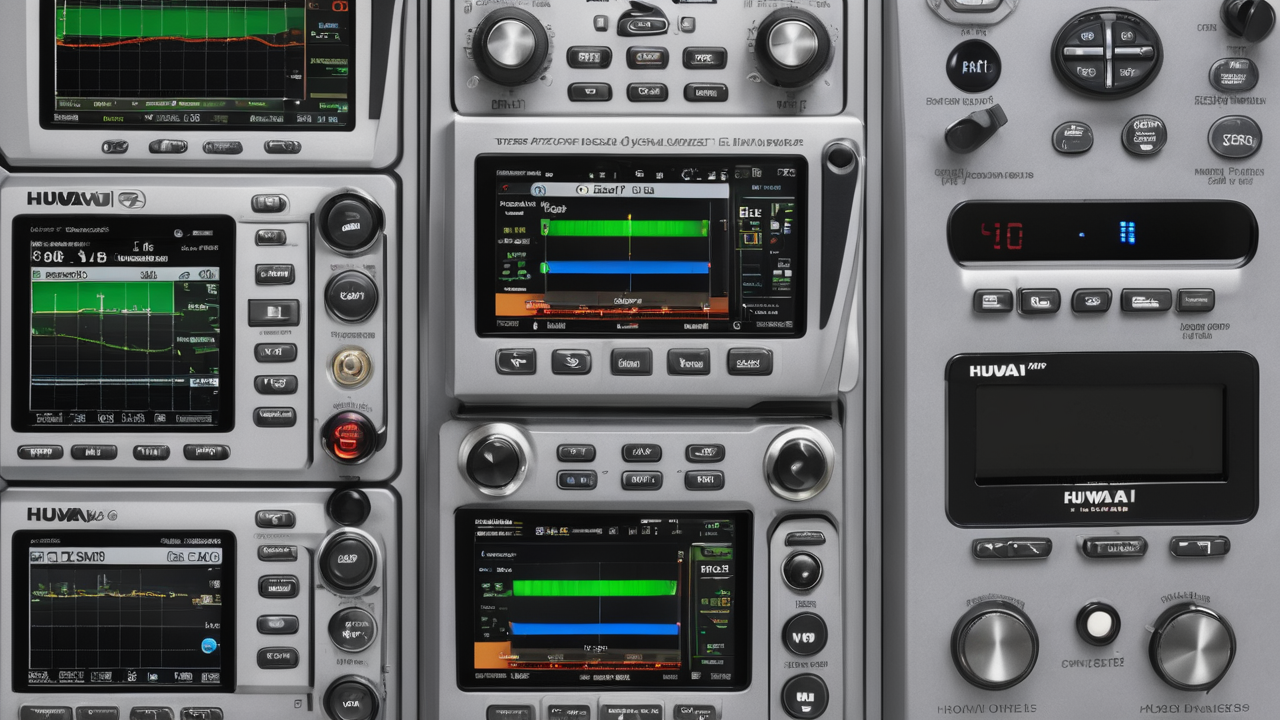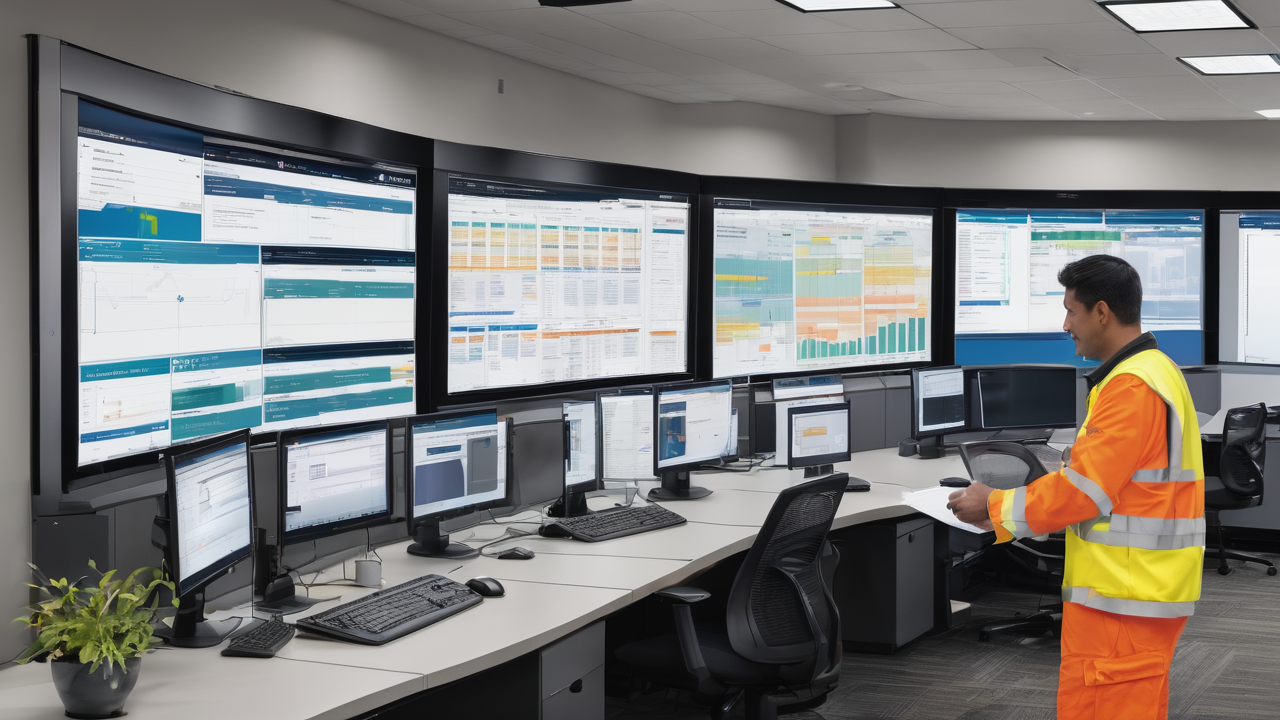Understanding the Role of Walkie Talkie Radios in Business Communication
The importance of reliable radio communication in the workplace
Walkie talkie radios play a crucial role in business communication. They offer instant, clear, and reliable contact between team members. This is vital in many industries, from construction to hospitality.

Reliable radio communication enhances safety in high-risk environments. It allows for quick response to emergencies and efficient coordination of tasks. In retail, it improves customer service by enabling staff to communicate swiftly.
These devices also boost productivity. They eliminate the need for face-to-face interactions for simple queries. This saves time and keeps operations running smoothly. In large facilities, radios help staff stay connected across distances.
For businesses, investing in quality walkie talkies is essential. They ensure uninterrupted communication, even in areas with poor cell reception. This reliability is crucial for maintaining operations and safety standards.
How different types of walkie talkie radios support business needs
Various types of walkie talkie radios cater to different business needs. Analog radios are simple and cost-effective. They're ideal for basic communication in small businesses or construction sites.
Digital radios offer better audio quality and more features. They're suitable for businesses needing clear communication in noisy environments. Some models have GPS tracking, which is useful for logistics companies.
Intrinsically safe radios are designed for hazardous environments. They're essential in industries like oil and gas or chemical manufacturing. These radios prevent sparks that could cause explosions.
Long-range radios are perfect for large facilities or outdoor operations. They ensure communication over vast distances. This is crucial for businesses in agriculture or large industrial complexes.
Some radios offer both cellular and radio capabilities. These are great for businesses needing both on-site and off-site communication. They provide flexibility and reduce the need for multiple devices.
Evaluating the Top Walkie Talkie Radios for Business Use
Key features to consider when selecting professional radios
When choosing walkie talkie radios for business, several key features should be considered:

- Range: Ensure the radio can cover your entire work area.
- Battery life: Long-lasting batteries are crucial for uninterrupted communication.
- Durability: Look for radios that can withstand harsh work environments.
- Audio quality: Clear sound is essential, especially in noisy settings.
- Channel capacity: More channels allow for better organization of communication.
- Privacy features: Encryption options protect sensitive business conversations.
- Emergency features: Look for radios with emergency alert buttons for safety.
- Accessories: Consider compatible earpieces, speakers, and carrying options.
- Licensing requirements: Some radios need FCC licenses, while others don't.
- Integration capabilities: Some radios can connect with other communication systems.
These features ensure that the chosen radio meets specific business needs. They help maintain efficient and effective communication across the organization.
Comparing price points, durability, and functionality
When comparing walkie talkie radios, it's important to balance cost, durability, and features. Entry-level models are affordable but may lack advanced features. They're suitable for small businesses with basic needs.
Mid-range radios offer a good balance of price and functionality. They often include features like GPS and text messaging. These are ideal for medium-sized businesses or those with diverse communication needs.
High-end models come with premium features but at a higher cost. They offer the best durability and functionality. These are suitable for large businesses or those in demanding environments.
Durability is crucial for businesses operating in harsh conditions. Look for radios with high IP ratings for dust and water resistance. Some models are built to military standards for extreme durability.
Functionality varies widely between models. Some offer basic push-to-talk, while others include advanced features. Consider which functions are essential for your business operations.
Remember, the cheapest option isn't always the most cost-effective. A more durable radio might have a higher upfront cost but last longer. This can result in better value over time.
Implementing and Managing a Business Radio System
Setting up a professional radio network for your business
Setting up a professional radio network requires careful planning. Start by assessing your business's communication needs. Consider the size of your facility and the number of users.

Choose the right type of radio system for your needs. This could be a simple analog system or a more complex digital network. Ensure the system complies with FCC regulations and obtain necessary licenses.
Plan your channel structure carefully. Assign channels to different departments or functions. This helps organize communication and reduce confusion. Create clear protocols for radio use to ensure efficient communication.
Install any necessary infrastructure, such as repeaters for extended range. Test the system thoroughly before full implementation. Ensure coverage across all required areas of your facility.
Train all staff on proper radio use and etiquette. This includes how to operate the radios and communicate effectively. Provide written guidelines for reference.
Consider integrating your radio system with other communication tools. This could include connecting to your phone system or emergency alert system. It creates a more comprehensive communication network.
Best practices for maintaining and managing business radios
Proper maintenance is key to ensuring the longevity and reliability of your radio system. Establish a regular cleaning and inspection schedule for all radios. This helps prevent issues before they arise.
Train staff on basic troubleshooting. This can reduce downtime and maintenance costs. Provide clear instructions for charging and storing radios when not in use.
Implement a system for reporting and addressing radio issues promptly. This ensures that communication is not disrupted due to faulty equipment. Keep spare batteries and radios on hand for quick replacements.
Regularly review your radio usage and needs. As your business grows or changes, your communication needs may evolve. Be prepared to upgrade or expand your system as necessary.
Stay informed about software updates for digital radios. These can improve functionality and security. Schedule regular system audits to ensure all radios are accounted for and functioning properly.
Consider implementing a check-in/check-out system for radios. This helps track usage and maintain accountability. It also ensures that radios are returned and charged at the end of each shift.
By following these best practices, businesses can maintain an effective and reliable radio communication system. This supports smooth operations and enhances overall productivity and safety.


